Nazir Ekba recalled: “Colleagues, upon learning that my parents were ordinary collective farmers, were surprised: they said, we thought you were from an intelligent family. No, my parents didn't even read the letters.” He became a doctor of pedagogical sciences, a professor, an academician of the International Academy of Pedagogical Sciences, an Honored Scientist of the Russian Federation, and children are now learning the Russian language according to his textbooks in national schools.
Georgy Chekalov
Nazir Ekba was born on April 22, 1927. The path to science began for him in his village, Staro-Kuvinsk, in a seven-year school. It was here that he first plunged into the world of knowledge, which fascinated him for life. “When I went to school, I had only one notebook and a pencil,” Nazir Bekmurzovich recalled the beginning of this journey years later. And he called his teachers with great warmth.
“Wish we had more such students”
“My first teacher was Madzhid Dzhusupovich Kuzhev - he died at the front during the Great Patriotic War, I could never shake hands with him and thank him for the knowledge given to me, - said Nazir Ekba. - In the second grade, we were taught by Khutova Valentina Hangerievna, whom everyone called Valentina Alexandrovna; in the third - Ozov Hamid Chugunovich from the village of Apsua; in the fourth - Akhba Pshkan Bekmurzovich. From Apsua were Aliyev Kakhun Ibrahimovic, Agirov Mussa Aydemirovich, who taught us in the 5th, 6th, 7th grades. Our principal was Stilyan Evstafevich Petrov from Sparta, and the head teacher was Kuzhev Mutalib Yakhyaevich.
The teachers themselves did not forget the clever student either, followed his progress and rejoiced. “Nazir was precocious, he sought knowledge, Mutalib Kuzhev told about him. - He graduated from higher educational institutions, he rose higher and higher, everyone noticed him. Of course, I was happy for him. Wish we had more such students!”
Fate textbook
Nazir Ekba picked up his first in life textbook in the fifth grade.
- It was a Russian textbook for grades 5-6, part 1, phonetics and morphology, edition of 1937, - Nazir Bekmurzovich’s children's memory recorded everything that was written on the cover. - Authors Barhudarov S.G. and Dosycheva E.I.
If on that day someone said to ten-year-old Nazir that one day he would personally meet a famous Soviet teacher, Professor Stepan G. Barkhudarov ... even more, he would become a co-author of his books, would be with him in one academic council and moreover, to head this council, he would have looked at him as if he was crazy.
“It would be easier for me to believe that I would walk from Staro-Kuvinsk to Nevinnomyssk in an hour’s walk,” said Ekba.
However, it all happened that way. True, not immediately. First, in 1939, Nazir graduated from the seven-year-old in his village. The secondary school was in Ersacon, and children from Staro-Kuvinsk from the 8th grade continued their studies there. It was not easy to overcome the 10-kilometer route back and forth every day, both in the rain and in the snow, and many left the school. Nazir transferred to the Circassian Teachers' College, but did not manage to finish his studies: the war began and the territory of the region was occupied.
“When the Germans arrived, they told us to hide the textbooks, otherwise they might shoot us. We buried them,” - Nazir Bekmurzovich told. After the occupation, he dug out the textbook of Barkhudarov.
In the autumn of 1943 a teacher’s institute was opened in Cherkessk. Nazir Ekba was accepted there without a certificate, with nine grades of education. After graduating from the institute in 1945, he was sent as a director to the Staro-Kuvinsk school. In addition to leading the school, he taught Russian. He, of course, used the Barkhudarov’s textbook. Then he began to find flaws in it.
- It was difficult for children, many texts were incomprehensible to them. And I started to change them, simplify the wording of the rules, - said Nazir Bekmurzovich. - I made a summary of the textbook. When representatives of the oblon (Regional department of public education - ed.) saw my notes, they asked me to prepare a textbook on them.
And then a young teacher compiled a Russian language textbook: grammar, part 1, phonetics and morphology — everything, like in Barkhudarov’s textbook. He only attributed – “For the Abaza schools.” It was published in 1953, and children in Abaza schools began to learn Russian using this textbook.
By that time, Nazir Ekba had already graduated from the Stavropol Pedagogical Institute (in 1950) and entered the graduate school of the Research Institute of National Schools of the Academy of Pedagogical Sciences of the USSR (in 1951). In 1954, he - the first of the Abaza - became a candidate of sciences, having defended his thesis on the topic “Study of Russian pronouns in the Abaza school”, and he was left to work at the same institute.
Once, teachers from the Circassian village of Wako-Zhile, adjacent to Staro-Kuvinsk, asked Nazir Bekmurzovich his textbook and began to work on it with their students, using the Circassian words instead of the Abaza for explaining the meaning of Russian words.
And then Nazir Ekba came up with the idea: if one can teach Abaza in Staro-Kuvinsk and Circassian in Wako-Zhile by this textbook, why not use it in Abkhazia, Kabarda, Adygea? Thus was born the idea of creating uniform textbooks for all speakers of the Abkhaz-Adyg group.
He began to develop this idea. He wrote a comparative grammar of Russian, Abaza, and Kabardino-Circassian languages, showed that these languages are related, and derived a theory about the possibility of creating uniform textbooks, a single program, a uniform methodology for related languages. Later he was allowed to create a textbook. In co-authorship with the Dagestan scholar Magomed Baragunov, for the first time in 1965 he compiled a primer for form 1 of the peoples of the Abkhaz-Adyg group, which was published in Moscow. Moreover, on June 5, 1973, Nazir Bekmurzovich successfully defended his doctoral dissertation on the topic “Common to the schools of the peoples of the Abkhaz-Adyg group of problems of learning the Russian language.”
Theory of rapprochement of people
The development of Russian language teaching methods for national schools of Russia has become the main research area chosen by Nazir Ekba. After his program was successfully introduced into the Adyg and Abaza schools, the scholar began to study the possibility of using it for other nations. Soon, Ekba's designs began to be used throughout the North Caucasus. Then they were adopted by the republic of the Volga region. Such demand for the works of Nazir Bekmurzovich brought him among the most prominent teachers involved in the problems of teaching Russian.
In parallel, the scholar was engaged in the problems of teaching native languages. He became the author of the Abaza primer and other textbooks on the Abaza language. Thus, Nazir Bekmurzovich contributed to the development of bilingualism, and therefore - to a better understanding of people of different nationalities.
Russian, as a language of international communication, was necessary for representatives of all peoples of the USSR to know. However, at the same time no one had to give up his native language. “The Russian language is not instead of the native language, but goes alongside with it” - this was the principle of Nazir Ekba. He put a lot of effort so that children from Abaza families living in the capital had the opportunity to learn the language of their parents. When at the beginning of the 90s of the last century, an educational complex of national culture appeared in Moscow with the study of languages and history of different nations, one of the first was the Abaza group, in which Academician Ekba himself taught for several years.
Communication with people - a source of discoveries
Why, in different regions of Russia, the method of Nazir Bekmurzovich got accustomed better than the development of local scientists? Because it was more convenient for teachers and more accessible for students. Nazir Ekba constantly communicated with teachers and knew what they needed. In each of his visits to his small homeland - and this happened once or twice a year
- he went to the Staro-Kuvinsk secondary school, where on this occasion, almost a real pedagogical council was called. At such improvised meetings, practicing teachers told that his methodology no longer corresponded to the changed time, discussed possible corrections with it. Reflections of practitioners (and, of course, not only the Staro-Kuvinsk ones) became the starting point for new research by the scientist.
Everyday communication also gave him food for thought. Being among people, he listened to their speeches, paid attention to the changes taking place in the spoken language. All languages are subject to change. And people of all nations with each generation speak differently. Both in Moscow and in his small homeland, the scholar did not miss the opportunity to get material for updating the language. Comparing the obtained examples, reflecting on their causes, he revealed the nature and direction of the changes, revealed their roots and found a certain regularity in them, from which he made scientific conclusions. Such an approach to work allowed Nazir Ekba, as his colleagues said, “To turn from a modest graduate student into a leading scholar in the field of teaching Russian to non-Russians”.
Fostering followers
Scholars from the Institute of National Education Problems, the Russian Academy of Education, the Ministry of Education of Russia, who worked with Nazir Bekmurzovich, also noted his great contribution to the training of national personnel. At the same time, they emphasized that “he gives his every graduate student the maximum of his knowledge and brings him, as they say, to full condition.” Many of his students became doctors of science and headed departments in Dagestan, Chuvashia, Kabardino-Balkaria, Adygea, Abkhazia and other regions. However, his followers in his native Karachay-Cherkessia were the closest to him.
- I can call our local lads my direct students. Gonova Luiza Nanuovna - she wrote her thesis “Vowel Indicators in the Abaza language” under my supervision. Together with her Shchaschaya Khamukova, we prepared a good Abaza primer ... In the Karachay-Cherkess Pedagogical University there is Maria Bakova — I also was her supervisor, the professor listed a far from complete list of those for whom he revealed science.
“There are few such people”
The most modest by nature man, Nazir Bekmurzovich modestly evaluated his achievements in science.
“I cannot say about one of my books that I wrote everything in it that I know and what I wanted, - he said. - Much had to be done in a hurry to meet the deadlines. However, in 1993, in Leningrad, the book “The Interaction of Languages and the Development of Bilingualism in the Russian School” was published. It is not so big, but I managed to reflect the interrelation of languages, to state the principles of their teaching in it. This book seems to me the most successful. In addition, in 1954, when I was still a graduate student, Khamid Zhirov and I edited the first Russian-Abaza Dictionary. This work was not easy, because our language was not yet deeply studied, there was no experience in creating an Abaza dictionary. There was a lot of controversy. I insisted on the inclusion of Ashkhara words in the dictionary, and I believe that this was correct - this will help preserve the Ashkhara dialect (one of the dialects of the Abaza language – ed.).
Meanwhile, Nazir Ekba is the author of about 300 scientific and popular science works, including 26 monographs, 73 textbooks, 22 programs and teaching and methodical complexes. Many textbooks of Russian and native languages, compiled by him or under his leadership, in collaboration with other leading methodologists, students, have survived from 7 to 13 reprints and are still the main textbooks to this day.
One of his associates, Mikhail Lvov, spoke of Nazir Bekmurzovich in the following way:
- It seems to me that there are few such people now. He somehow brings good. Communicating with him gives great joy.
Professor of the Timiryazev Academy, Yuri Agirbov, who closely communicated with Academician Ekba, called the Abaza happy people for having such a person.
Family affair
One of the last works of Nazir Bekmurzovich - “Historical and cultural linguistic community of the peoples of the Abkhaz-Adyg group”, published in Cherkessk in 1997, was written by him in collaboration with his daughter - linguist, candidate of philological sciences Zarema Ekba, a graduate of Moscow State University and post-graduate course of the language institute of the Russian Academy of Sciences, who is a researcher at this institute today.
It seems that the father’s affection for science passed on to the children. The youngest daughter, Madina, is also a linguist: having entered the English department of the pedagogical university, she studied French and Arabic languages in parallel with English, she is an expert in international communications. Of course, the choice of the daughters' profession could not help but be affected by the fact that their mother Zemfira is also a scholar. In addition, it was precisely science that, according to her, brought together spouses who worked together at the Institute of National Problems of Education of the Russian Federation.
Both Zarema and Madina talk, read and write in their mother's native language, Bashkir. It was more difficult to study Abaza, but they mastered basic knowledge. Both follow the traditions of two peoples whose blood flows in their veins.
Nazir maintained a close relationship with his daughter Lyuda from his first marriage. She is a doctor and lives in Kharkov, often came to her father and sisters, and never once felt that she was a stranger here.
Homecoming
Nazir Bekmurzovich Ekba lived in Moscow for two thirds of his life, where he died on March 25, 2002. After that, he returned to Staro-Kuvinsk - forever. Fulfilling his last wish, the family brought the father’s body to dear to his heart village, in order to bury him here.
Staro-Kuvinsk has not yet seen such a confluence of people at a funeral. Hundreds of people from all over Karachay-Cherkessia, from Moscow and other regions came to say goodbye to a great scholar and a man whose death they each perceived as a personal tragedy.
On September 9, 2005, the Decree of the President of the Karachay-Cherkess Republic, Mustafa Batdyev, “On perpetuation of the memory of Professor Ekba Nazir Bekmurzovich” was issued. The name of the scientist was given to Staro-Kuvinsk secondary school, and for students of Karachay-Cherkess State University and Karachay-Circassian Technological Academy (now the North Caucasus State Humanitarian-Technological Academy - ed.) a scholarship named after Nazir Ekba was established.
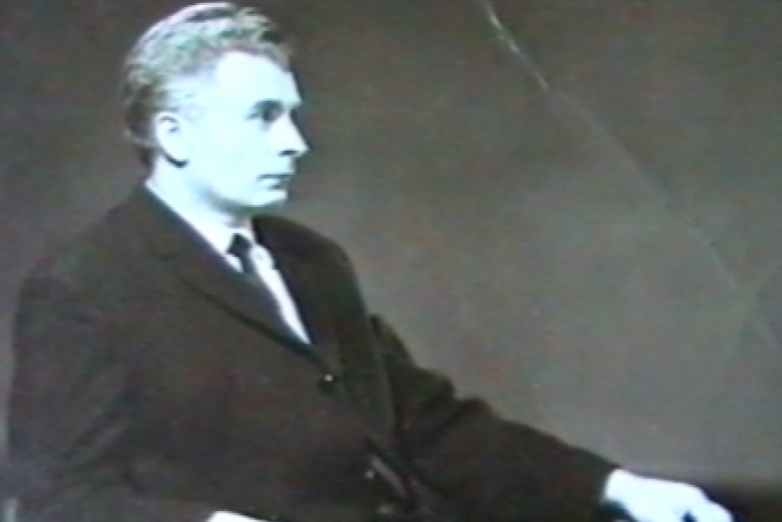
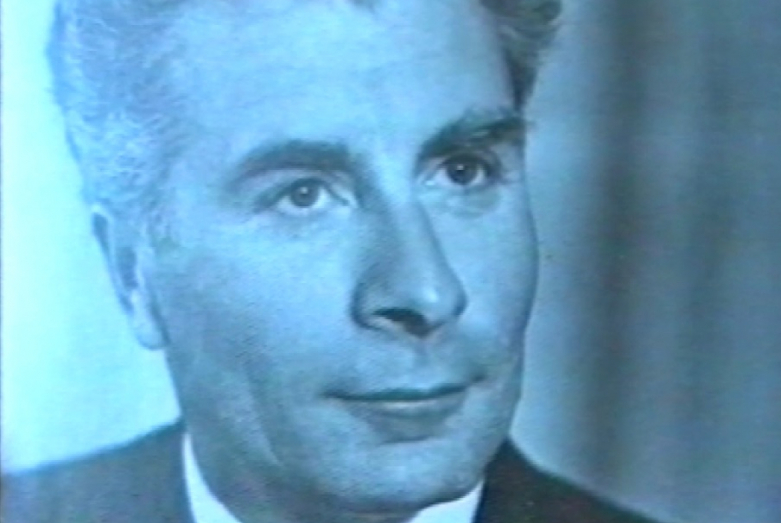
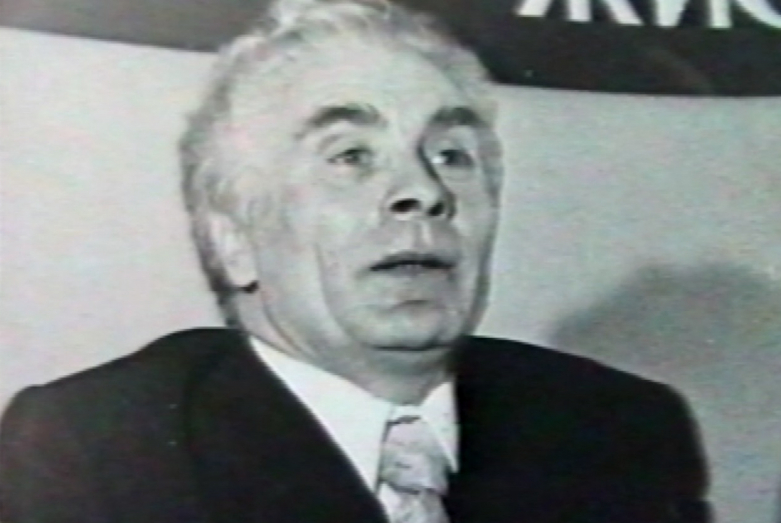
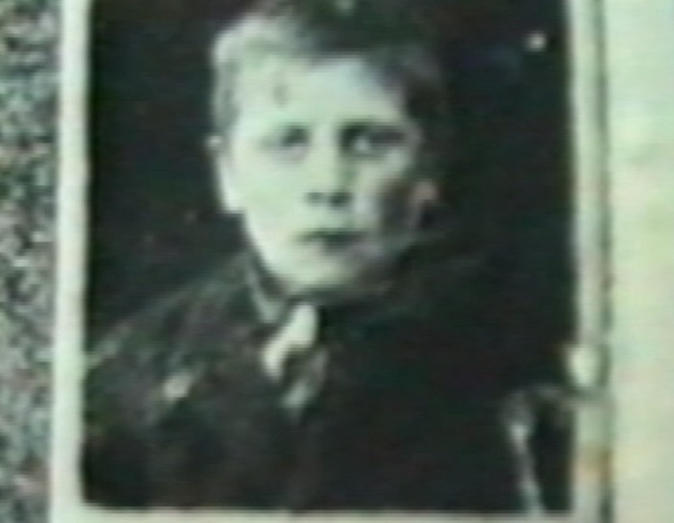
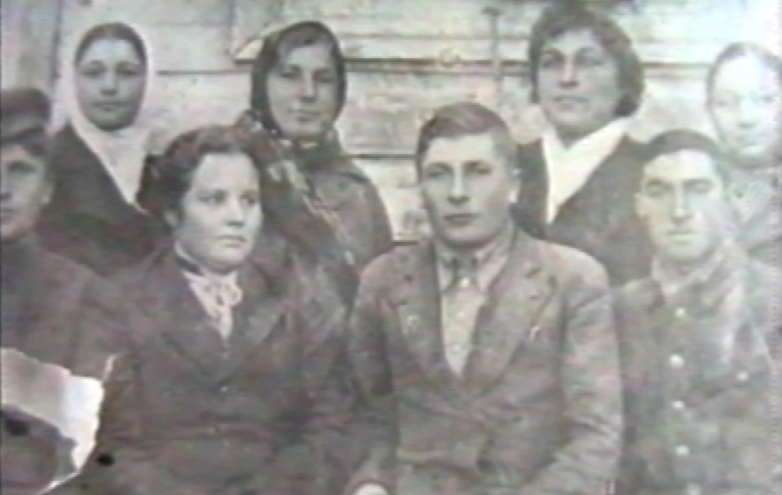
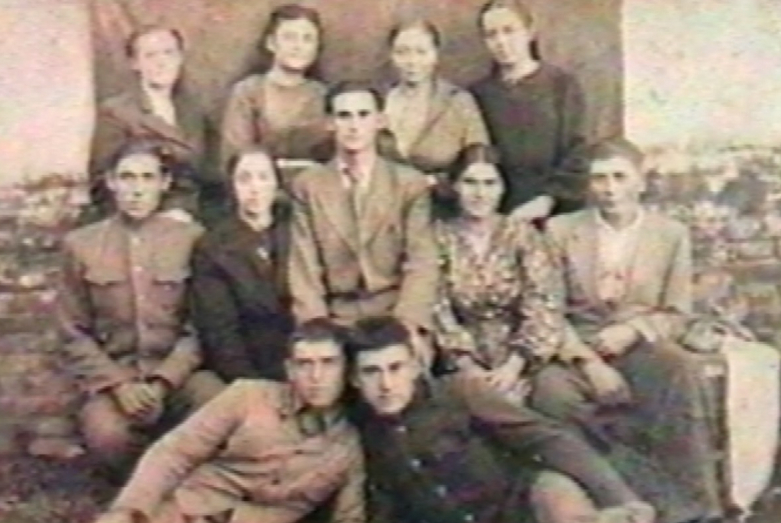
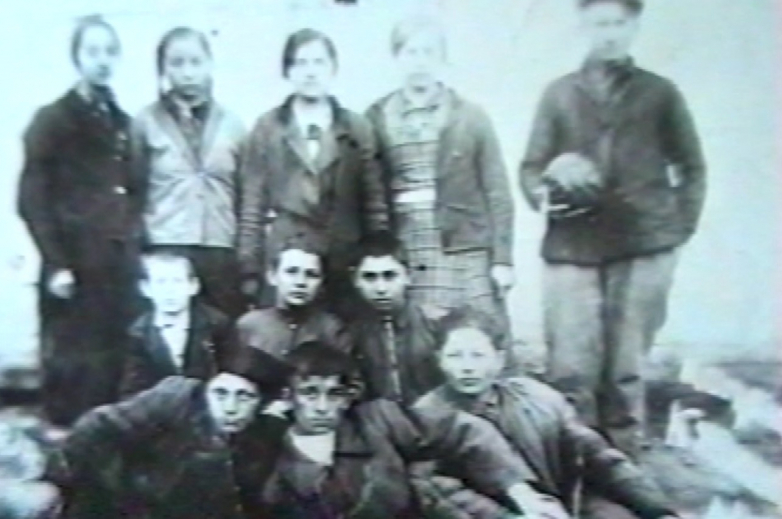
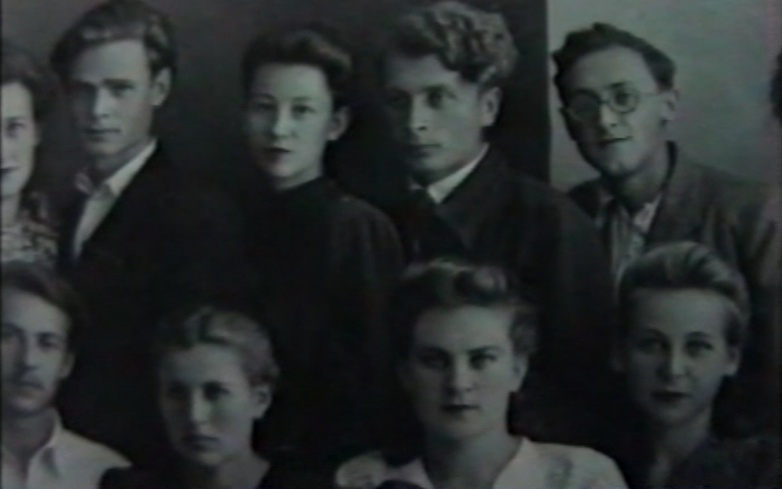
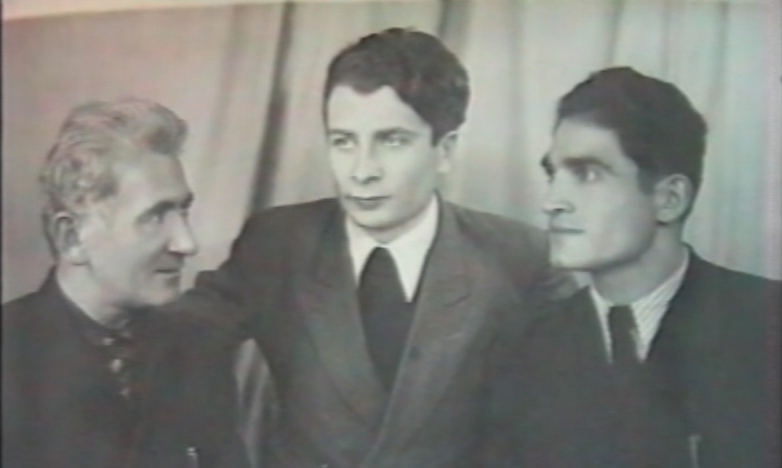
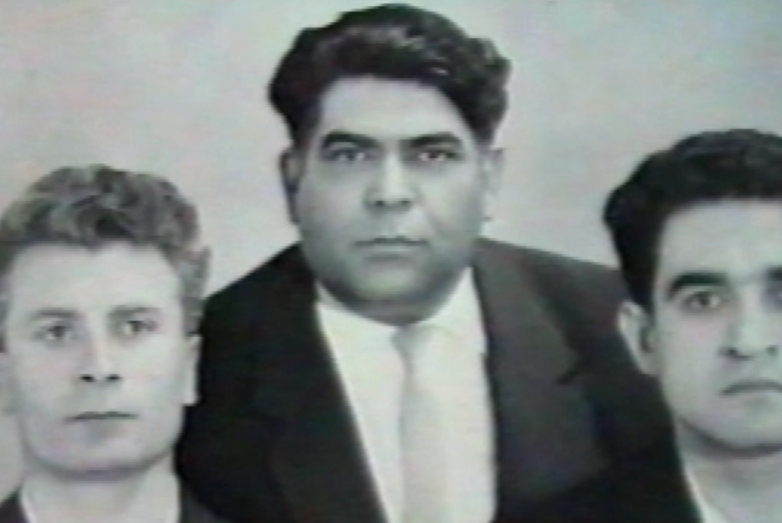
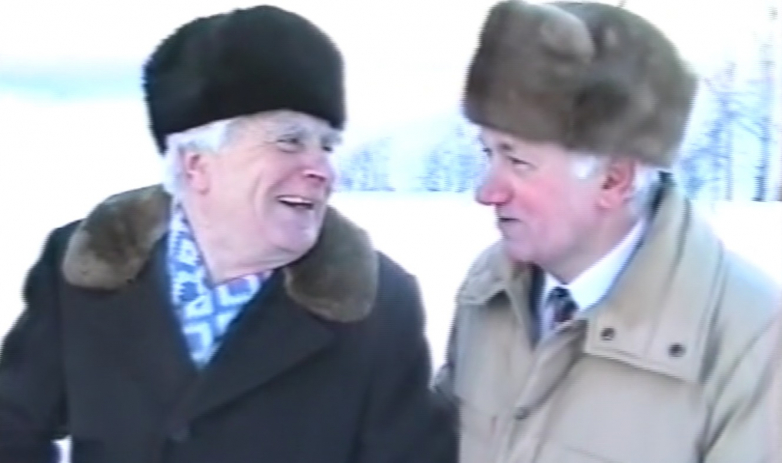
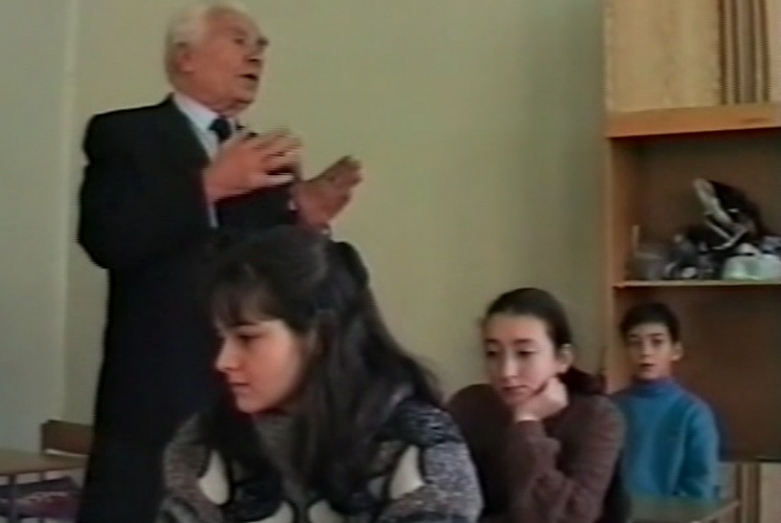
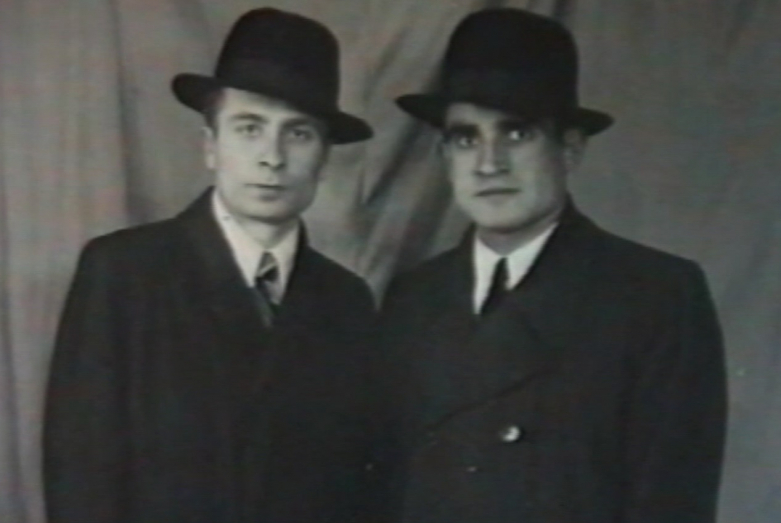
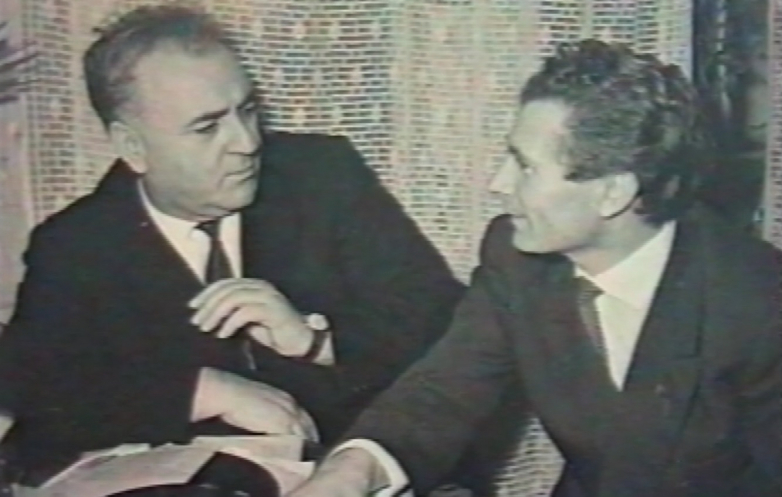
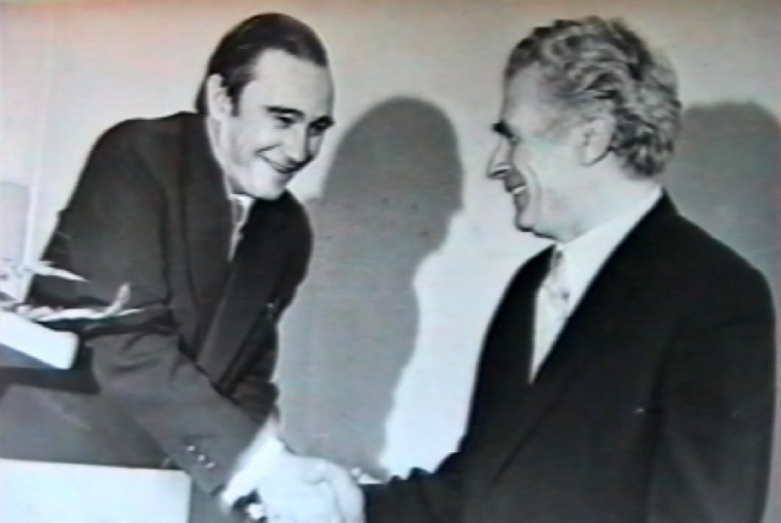
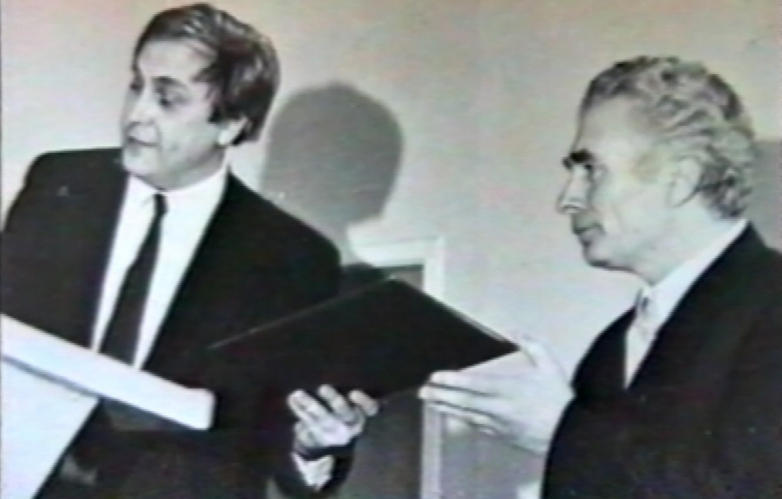
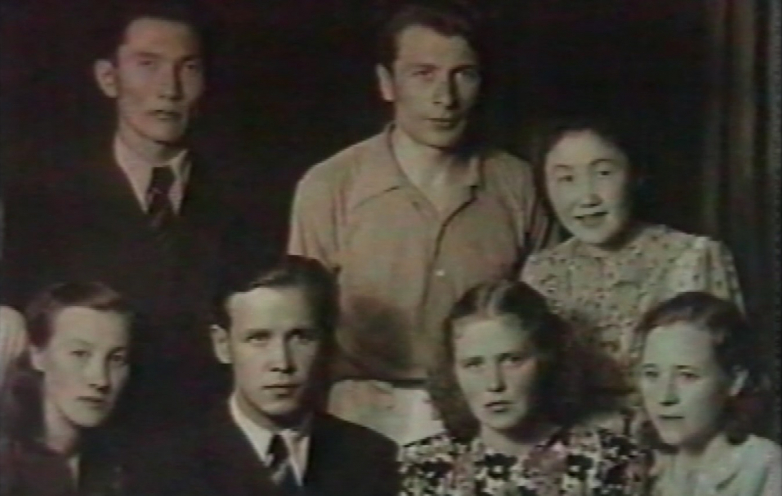
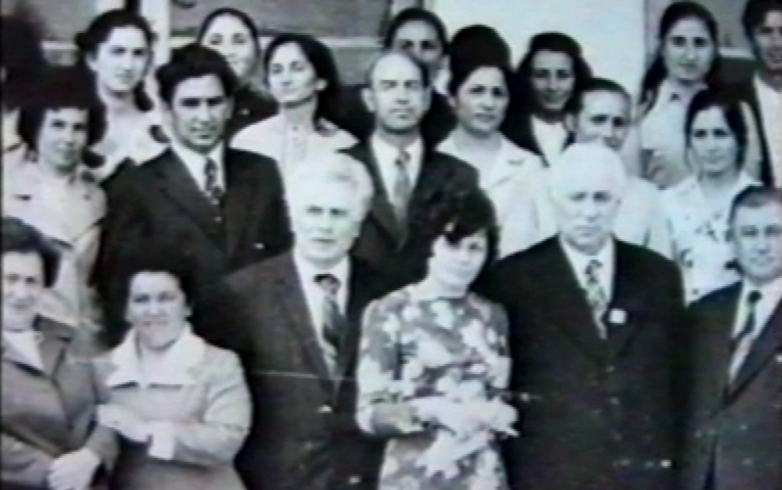
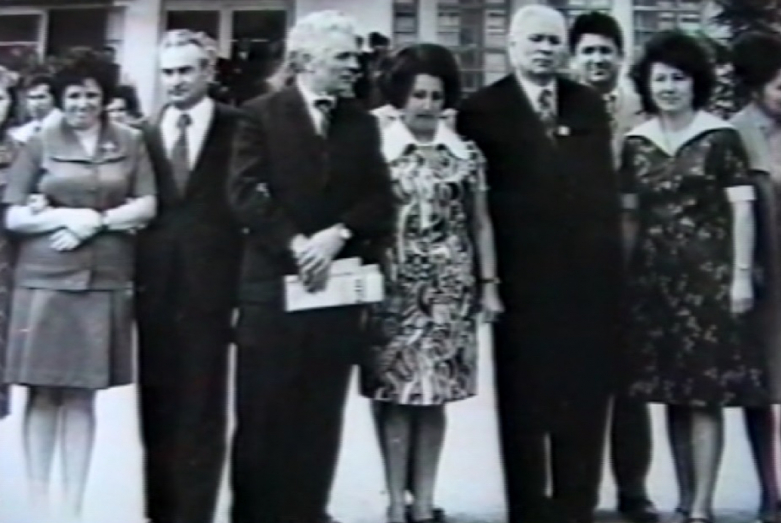
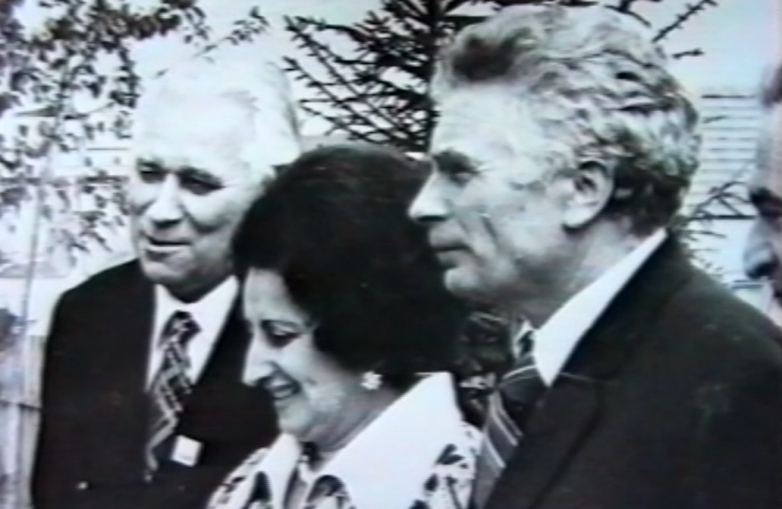
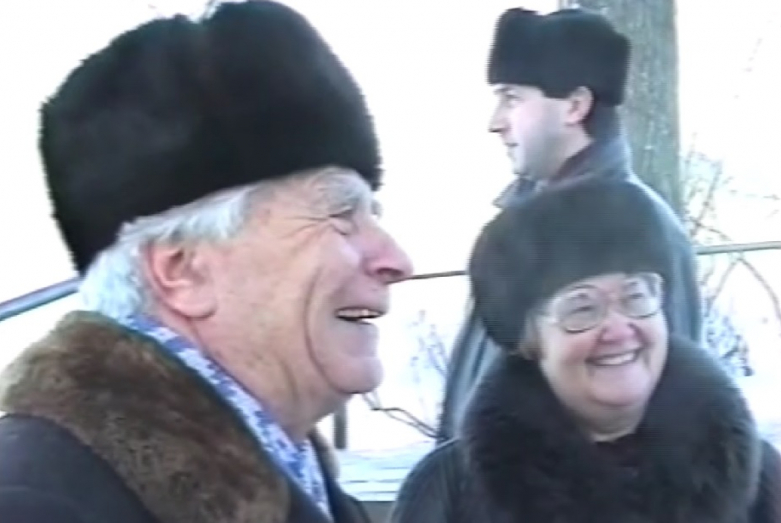
to login or register.